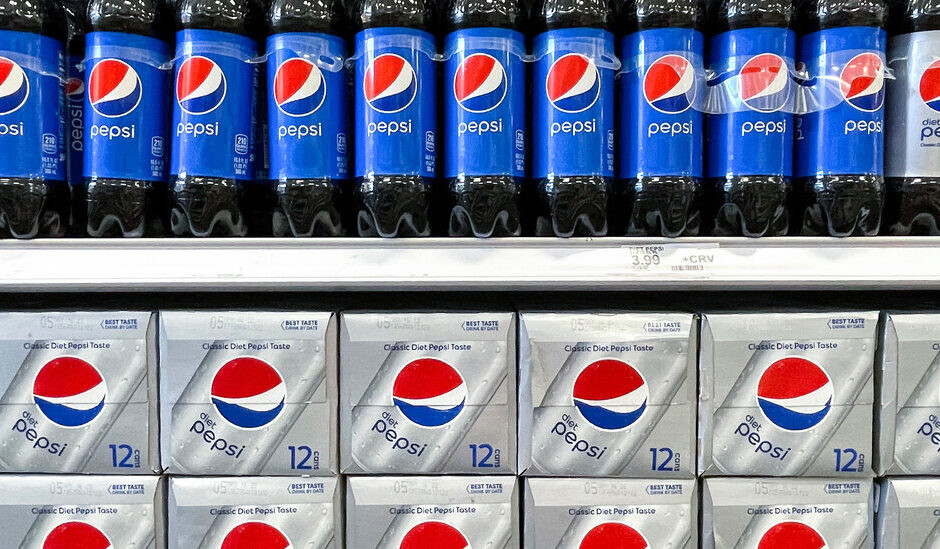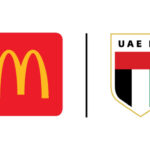Consumers, worried about the economy, are pulling back on their spending, and that anxiety is translating into lower sales and profits for some of the country’s largest consumer-oriented companies.
On Thursday, PepsiCo cut its full-year guidance outlook, citing a reduction in consumer spending as well as the impact the beverage and snacks company is feeling from increased global tariffs.
“Relative to where we were three months ago, we probably aren’t feeling as good about the consumer now,” Jamie Caulfield, the chief financial officer of PepsiCo, told Wall Street analysts and investors on an earnings call Thursday morning.
The company, which manufactures Pepsi and Gatorade drinks as well as popular snacks like Doritos and Cheetos, cut its profit forecast for the full year to flat from its earlier guidance that expected earnings growth to be in the mid-single digits. It reported a decline of 1.8 percent in revenue, to $17.9 billion, for the quarter ending March 22, and a drop of 10 percent in net income, to $1.8 billion, from the same period a year ago.
PepsiCo’s stock fell more than 4 percent, to $136, by early afternoon.
Comments made on PepsiCo’s earnings call echoed what executives at other consumer companies have said in recent days about how apprehension in the global economy was key to consumers spending less. The pullback has started to weigh on some companies’ revenues and dampen their outlook for the coming months, especially as they try to calculate the costs they’ll incur from the Trump administration’s new or increased tariffs on imported goods.
At Chipotle, same-store sales fell for the first time since 2020 in the most recent quarter, the chain reported this week. Uncertainty about the path forward for the U.S. economy started to affect spending in February, the company said, shortly after President Trump’s inauguration — a trend that continued into April.
“It was all around this idea of saving money, economic uncertainty — they’re eating at home more frequently than they’re eating out,” Scott Boatwright, the burrito chain’s chief executive, said when asked about consumer behavior. The underlying trend, he added, is “really tied to the consumer sitting on the sideline.”
Chipotle also lowered its full-year guidance. Beyond sluggish consumer spending, the chain said it expected Mr. Trump’s tariffs imposed in April — a broad 10 percent duty on many imports and tariffs on aluminum — to raise the company’s food, beverage and packaging costs this year.
Another signal of distress among shoppers: Consumers are doing less laundry to scale back on detergent purchases, an executive from Procter & Gamble, which makes household staples like Tide detergent, told Yahoo Finance.
On Thursday, P&G cut its full-year outlook and said whiplash on tariff policy had factored into a “pause” in consumption as consumers also tried to make sense of stock market volatility and job market uncertainty, said Andre Schulten, the company’s chief financial officer.
Signs that economic concerns are starting to affect consumer spending are appearing in the airline industry, too. American Airlines pulled its full-year guidance on Thursday, mirroring a move last month from Delta Air Lines. Robert Isom, the chief executive of American Airlines, told CNBC on Thursday that domestic leisure travel “fell off considerably” starting in February.
The most recent survey from the Conference Board showed consumer confidence tumbling in March to its lowest level since January 2021. Americans are increasingly anxious about their jobs and finances, the business group reported.
Hoping to entice consumers who are tightening wallets, executives at PepsiCo said it was offering less expensive, under $2, individual bags of snacks along with smaller snack packs in stores.
PepsiCo said it had calculated into its lower profit estimates the higher costs associated with the tariffs. “We also factored in some of our mitigation plans, some we will be able to execute more quickly than others,” Mr. Caulfield said on the call on Thursday.
Analysts had been keeping a close eye on the impact tariffs would have on the food and beverage industry, specifically a 25 percent tariff on imported aluminum.
And while Wall Street analysts have been watching for potential fallout of the Trump administration’s trade wars on sales of American brands in key international markets, specifically Europe and China, PepsiCo said its global markets performed well in the first quarter.
In the United States, the popularity of using Ozempic and other weight-loss drugs have curbed sales for snacks and shifted purchases to smaller portions, Ramon Laguarta, the chief executive of PepsiCo, told analysts.
PepsiCo is also navigating demands by Health Secretary Robert F. Kennedy Jr. This week, Mr. Kennedy declared “sugar is poison” during a news conference and said he had “an understanding” with major food manufacturers to remove petroleum-based food colorings from their products by the end of 2026.
Mr. Laguarta said that PepsiCo had been a leader in the industry when it came to reducing sodium and sugar in products and that more than 60 percent of its business was from products with no artificial colors. In the next few years, he added, the company will have “migrated all the portfolio into natural colors or at least provide the consumer with natural color options.”
#Pepsico #Cuts #Growth #Forecast #Tariffs #Slowed #Consumer #Spending


